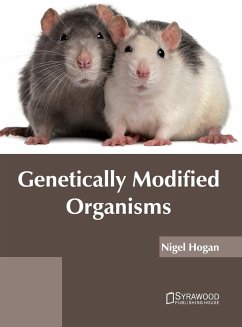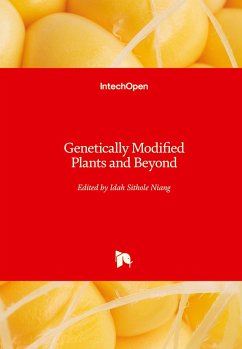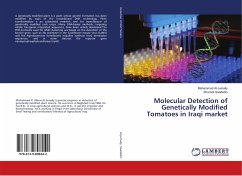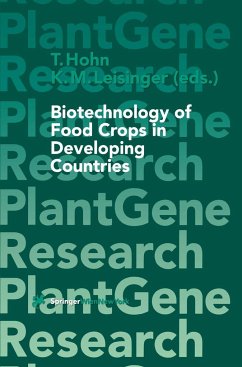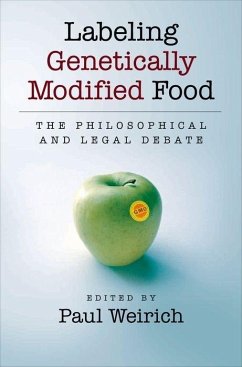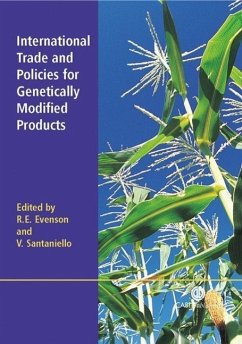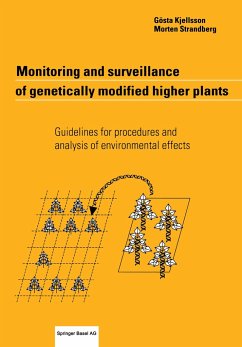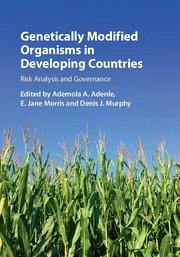
Genetically Modified Organisms in Developing Countries
Risk Analysis and Governance
Herausgeber: Adenle, Ademola A; Murphy, Denis J; Morris, E Jane
Versandkostenfrei!
Versandfertig in über 4 Wochen
140,99 €
inkl. MwSt.
Weitere Ausgaben:

PAYBACK Punkte
70 °P sammeln!
This book provides expertly written guidance on the regulation of genetically modified organisms (GMOs) in developing countries, including recommendations about risk analysis and governance.




